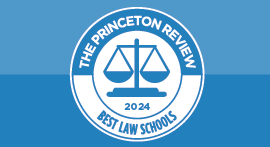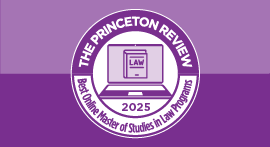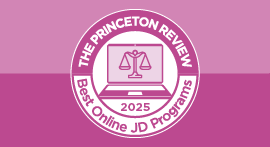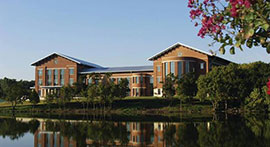Overview
Test Scores
(enrolled students)
Deadlines
Application Process
Other Admission Factors
LSAT Score
Undergraduate GPA
Letters of Recommendation
Essay / Personal Statement
Extracurricular Activities
Selectivity Rating
Faculty Information
Students Say
Charleston professors have “lots of diverse experiences,” and they “are extremely knowledgeable in their fields.” As such, these are individuals who “spend a lot of time outside of the classroom preparing” and are “accessible and supportive [in order to] balance preparation for the bar exam with preparation to be great lawyers.” One student claims, “They are available all day, every day.” Another adds, “They know our strengths and weaknesses, and they push us to be the best versions of ourselves.” Additionally, the faculty is “always helping students find new pro bono work, and the school has contacts all over South Carolina and other states.” In short, it's “an environment where everyone wants to see the students succeed.” The administration is “very open and are always willing to discuss difficult situations with the students.” In short, “everyone wants to see the students succeed,” and the administration “works harder than anyone can imagine to prepare” them for the Bar. As for the city itself, Charleston offers a “vibrant legal community” in which “many students meet with prospective employers or experts on a particular topic often for lunch or to simply [seek] advice.” While the “classrooms are a bit outdated,” this doesn't impact education (“the environment is conducive to learning”) and the school is actively “looking to improve” with renovations and expansions “constantly being made throughout each year.” Overall, this is a “very rigorous but well-taught and well-thought-out program” that offers future lawyers “every resource we need to do well.”
Career overview
Career Services
Graduates Employed by Area
Graduates Employed by Region
Dates
Financial Aid Statistics
Expenses per Academic Year
Student Body Profile
Demographics
Campus Life
Students Say
More Information
Admissions Office Contact
Associate Dean of Admission and Financial Aid
3rd Floor
Charleston, SC 29403



